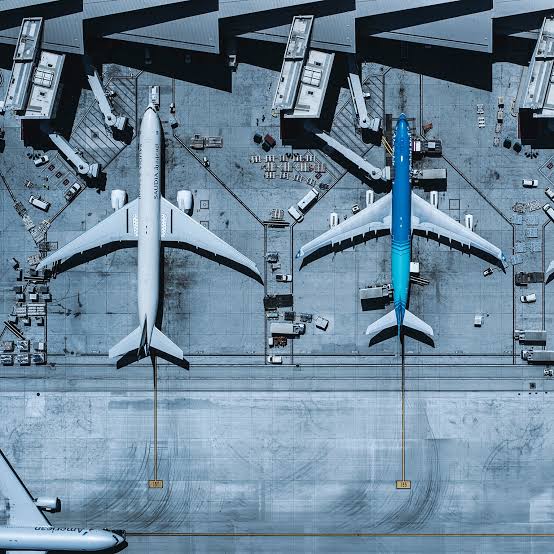By Zion Rufus
Notable airlines across the globe are increasingly embracing AI to boost operational efficiency, sidestep costly errors, and enhance customer satisfaction.
The pivotal question, however, remains – will AI-powered pricing systems be a game-changer for the aviation industry?
At the heart of this transformation lies the synergy between AI algorithms and continuous pricing systems. This dynamic duo continually monitors demand and inventory levels, enabling airlines to recalibrate fares in real-time. This ensures that customers are presented with the most accurate and up-to-the-minute pricing information precisely when they are ready to book their flights.
The potential benefits are substantial. AI holds the promise of increasing an airline’s fleet availability by a staggering 35 percent while simultaneously slashing labor costs by up to 10 percent. But the scope of AI’s influence doesn’t stop at efficiency improvements. It extends into predictive capabilities that could revolutionize how airlines operate.
One such capability is the prediction of potential issues with airliners. By tapping into data gleaned from in-service aircraft, AI algorithms can anticipate and flag possible flight delays and faults with pinpoint accuracy. This proactive approach not only enhances passenger safety but also minimizes disruptions and costs for airlines.
Perhaps the most tantalizing aspect of AI in the aviation pricing system is its real-time data analysis prowess. AI algorithms crunch real-time data to forecast demand, identify pricing trends, and make instantaneous price adjustments. This agility ensures that airlines remain attuned to market fluctuations and can swiftly adapt their pricing strategies to optimize revenue.
However, like any disruptive innovation, the implementation of AI pricing systems in the aviation sector is not without its challenges. Airlines will need to navigate issues of data privacy, secure data management, and the intricate task of integrating AI seamlessly into their existing operations.
Moreover, as AI takes on a more substantial role in airline pricing, questions of fairness and transparency will undoubtedly arise.
The potential gains in efficiency, cost savings, and passenger satisfaction are tantalizing prospects. However, as with any paradigm shift, the successful adoption of AI in the aviation pricing landscape will require careful planning, strategic implementation, and an unwavering commitment to customer-centricity.
If navigated successfully, AI may indeed prove to be a game-changer, propelling the aviation industry into a new era of innovation and profitability.
photo credit: McKinsey






Comment
No comments found.